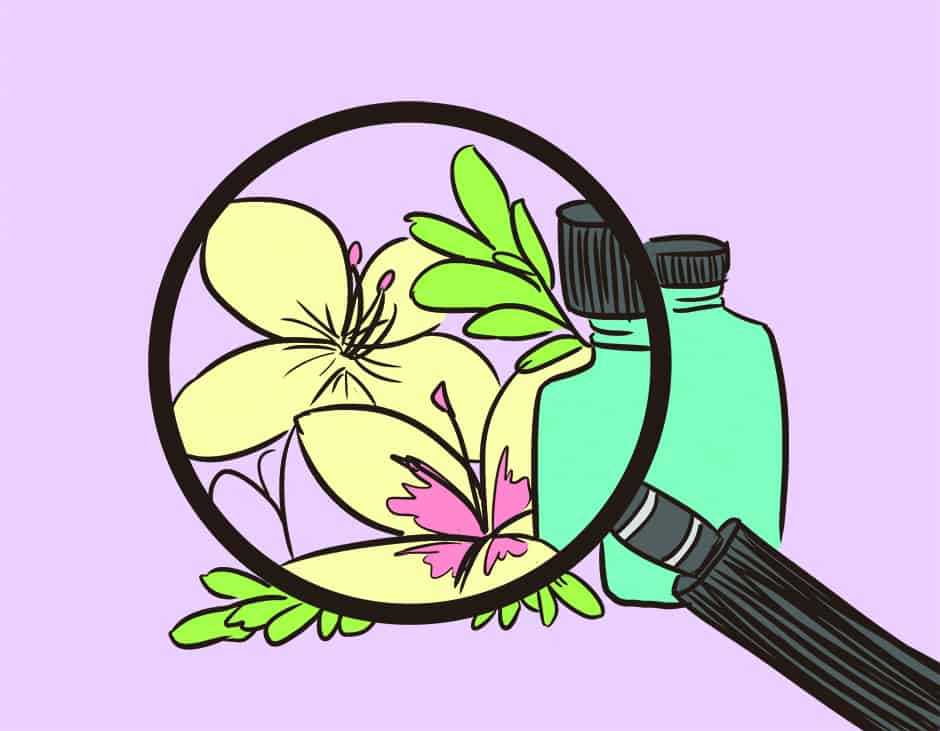Homeopathy studies are ineffective and unethical
Currently, the Leslie Dan Faculty of Pharmacy at the University is Toronto is recruiting children and adolescents ages six to 16 for a study on the efficacy of homeopathy on Attention Deficit Hyperactive Disorder (ADHD). The infamous study has made headlines on the Toronto Star and CBC, prompting a group of 90 scientists around the world (including two Nobel Laureates) to sign an open letter against the study.
Homeopathy is the belief that a single drug molecule imparts a memory onto water, and this memory can help to heal the body naturally. It is surprising to see that a prestigious institution such as the University of Toronto is allocating funds to a field that has been debunked for decades. The study not only demeans the reputation of the university internationally, it is also ethically dubious.
In the wake of a new anti-vaccination movement, studies like these give legitimacy to a loud minority of individuals who do not subscribe to scientific evidence. This can be potentially dangerous, especially when homeopaths use information like this to steer terminally ill patients away from evidence-based medicine and into homeopathic remedies.
Heather Boon, one of the pharmacists involved in the study, justifies her research by stating that she is studying homeopathy in order to help patients to make the most informed decision. If the study were actually an objective investigation of the effects of homeopathy, it is suspicious that the study is being carried out by Riverdale Homeopathic Clinic and with support from a dubious alternative medicine foundation. It is clear where Boon’s bias lies in this study.
Boon also claimed in an observational study that homeopathic treatment results in a 60 per cent effectiveness rate for ADHD. To put the lives of children with ADHD at risk due to a flawed study is not effective science, and it is definitely not ethical.
Boon also claims that this study is for debunking previous studies on homeopathy, and that her study may even prove homeopathy to be incorrect. This may not seem like an issue at first, but it legitimizes investigation of pseudoscience when effort could be spent elsewhere on more pressing issues in the biomedical science. Hopefully, the university will put studies like this one under more scrutiny in the future.
Aditya Chawla is a second-year student at Trinity College studying laboratory medicine and pathobiology.
In defense of objectivity within clinical trials
In June 2014, U of T approved of a new study to measure the effectiveness of homeopathic medicine to treat children and adolescents with ADHD, which is currently recruiting participants.
In case you have a general sense that homeopathy is ‘bad,’ but don’t know exactly why, Joe Schwarcz, who is the director of McGill University’s Office for Science & Society, has written a special to the Montreal Gazette in which he lays out all the reasons out for you comprehensively: homeopathy has no theoretical scientific basis, and any benefits that homeopathic treatments appear to have can be explained by means of the placebo effect.
Heather Boon, dean at the Leslie Dan Faculty of Pharmacy and leader of the study in question, has written a public response letter in which she assures that the study will be one of the most rigorous studies on homeopathy to date, and reminds us that the study will be performed as a clinical trial.
We have such rigorous studies for medication because the placebo effect is a real factor that must be accounted for in any drug trial, as the placebo is certainly not an effect that occurs solely in homeopathic remedies. Regardless of personal opinion on the scientific competency of homeopathy, one must take into consideration that homeopathy in Canada is still a billion dollar industry and for as long as the Canadian public has chosen to treat homeopathic practice as serious medical alternative, the medical community must take it seriously.
In this particular situation, I have to agree with Heather Boon when she asks, “Why would anyone think a rigorous clinical trial is a bad idea?” Especially since the U of T study, according to Schwarcz himself, involves no public funding. “[The] support comes from a foundation dedicated to alternative medicine,” he writes in his Montreal Gazette special.
Although I do not personally believe that the study will reveal any positive results about homeopathy, considering there is no public financial loss, we have a lot to gain from this study in terms of increased information about a field in which there is currently nothing but ambiguity and controversy among the public. If homeopathy is indeed not scientific, then surely applying our most thorough scientific methods will do nothing but bring us one step closer to revealing the truth.
Nadezhda Woinowsky-Krieger is a Victoria College student studying physics and history and philosophy of science.


